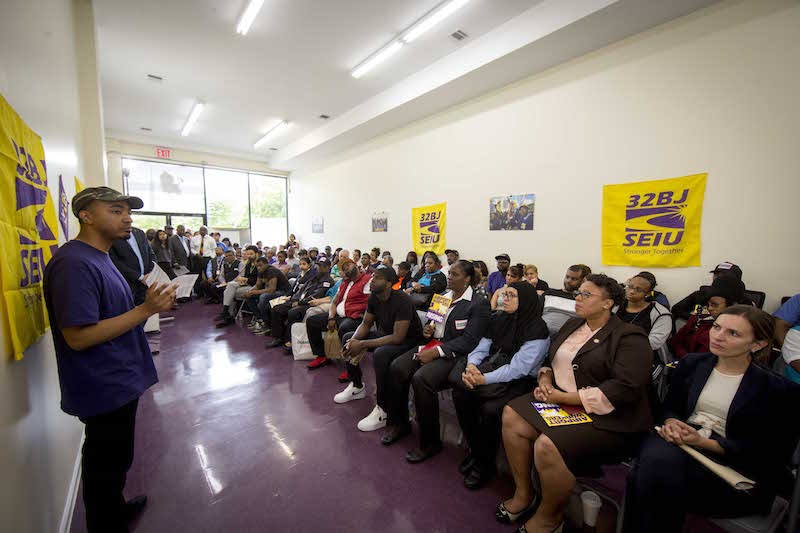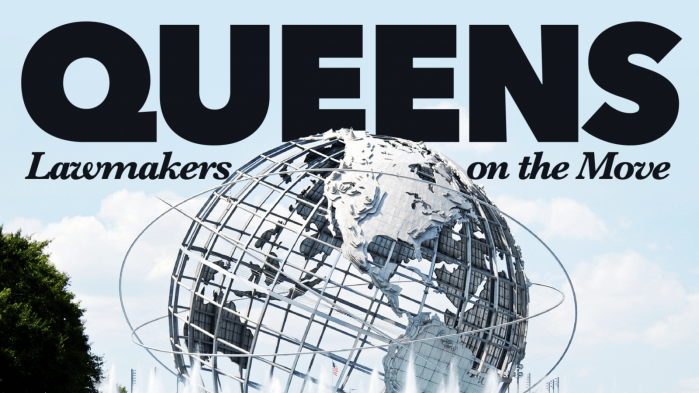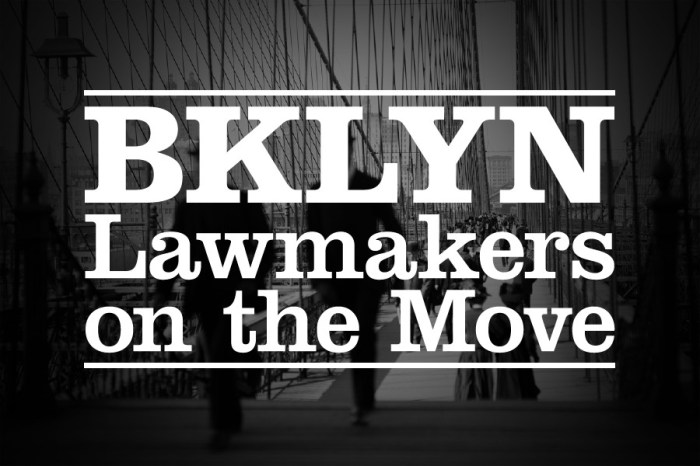The Healthy Terminal Acts bill was introduced by State Sen. Alessandra Biaggi (D-Bronx, Westchester) and Assemblywoman Alicia Hyndman (D-Springfield Gardens) last week in at the 32BJ SEIU Richmond Hill headquarters and the landmark bill was estimated to supplement the health insurance for approximately 40,000 transportation workers, according to Michael Allen, a 32BJ SEIU spokesman.
The workers are employees of John F. Kennedy International, LaGuardia and New York Stewart International airports, the Port Authority Bus Terminal, and Pennsylvania and Grand Central stations.
32BJ SEIU, a property service worker union, has approximately 7,800 members at JFK and LaGuardia airports, and 4,000 of those members are from Queens, according to Allen.
While $21 billion is being poured into the redevelopment of JFK and LaGuardia airports, according to New York YIMBY, an online real estate site, thousands of workers at these transit hubs are struggling to meet to pay for insurance.
“Receiving the benefit supplement for myself and my coworkers at the airport would have an enormous impact for the quality of life for so many people,” said Vladimir Clairjeune, 31, a customer representative at JFK Airport. “I know a lot of people who although they make the minimum [wage] don’t qualify for good health care.”
Clairjeune believes having health care for service workers is not just good for the employees, but good for business.
“In a service industry such as the airport, what is the sense of having service workers who are sick and who could potentially infect the general public when they come into contact with them because they don’t have access to general health care,” said Clairjeune. “This is a human right issue. As a culture, the country is behind in a lot of things. We have to fight to get these things passed.”
Clairjeune says that he has okay insurance, but after suffering from a sudden illness last year he couldn’t help but feel what some of his co-workers are going through.
“Health is fluid and it is something that is changing whether you are a young person or not and you could be living with a health condition that you didn’t know about and you wouldn’t know unless you got that physical,” said Clairjeune.
In 2018, Clairjeune’s foot started swelling and within a matter of few days, his foot was the size of a football, according to the customer service representative who spends his days on his feet at work.
“I had cellulitis,” said Clairjeune. “I had gone to the emergency room three or two times before they could figure out what the best procedure was. Ultimately, I went to Long Island Jewish Hospital.”
If he had no insurance the ambulance ride alone to the hospital for a minor surgery would have set him back $1,000, according to Clairjeune. He estimates the pay to have his foot diagnosed and then get a surgery at a private institution would have cost him anywhere between $5,000 to $10,000.
“Things happen so abruptly,” said Clairjeune. “I currently have an insurance plan at the moment but imagine if I didn’t. I would be thousands and thousands of dollars in debt. That’s the stability this act could provide for people.”
Some of his co-workers work either odd or long hours but have to choose between working overtime to make ends meet or paying for health insurance.
“The airport is a 24-hour operation,” said Clairjeune. “You have people that work the graveyard shifts, people that work the mid-shifts- the afternoon, and people that work the early morning shifts at 4:30 a.m.”
Some employees work up to 10 hours and may try to overtime.
“I’ve heard there are people that have to choose between overtime because it pushes them out of the realm where they are making too much for state assistance or just working 40 hours,” said Clairjeune. “Some people work 14 hours.”
If the bill passes the state Legislature and gets signed by the governor, it is would be enacted on Sept. 1, 2020.













